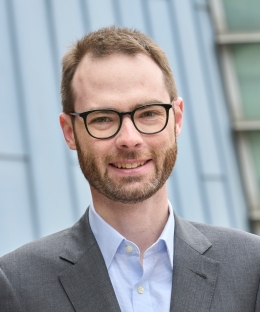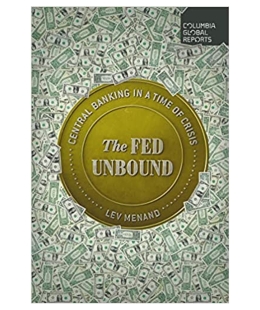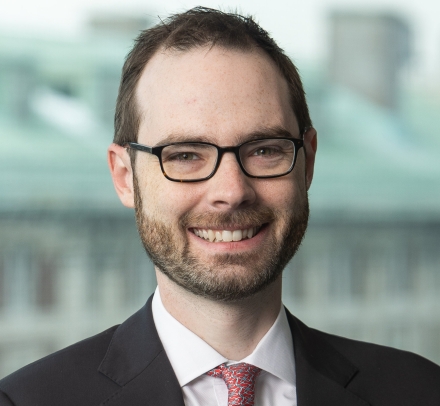
Lev Menand
- Associate Professor of Law
A.B., Harvard College, 2009
J.D., Yale Law School, 2014
Financial Institutions
Money, Banking, and Central Banking
Networks, Platforms, and Utilities
Administrative Law
Separation of Powers
Legislation

A.B., Harvard College, 2009
J.D., Yale Law School, 2014
Financial Institutions
Money, Banking, and Central Banking
Networks, Platforms, and Utilities
Administrative Law
Separation of Powers
Legislation
Lev Menand is an associate professor of law at Columbia Law School where he directs the Project on Public Economic Law. Menand teaches financial institutions and administrative law and has written extensively on both subjects, including a book on the Federal Reserve, The Fed Unbound: Central Banking in a Time of Crisis. In 2022, Menand, along with three co-authors, released a new casebook on the law of Networks, Platforms, and Utilities—the first in the field in over twenty years.
Prior to joining the faculty, Menand served as senior adviser to the deputy secretary of the Treasury and as senior adviser to the assistant secretary for Financial Institutions. Menand was previously an economist at the Federal Reserve Bank of New York in the Supervision Group, where he was part of the Governance and Culture Reform initiative, and in its Research and Statistics Group, where he helped to develop econometric models for the Federal Reserve System’s first Comprehensive Capital Assessment and Review. While at the New York Fed, Menand was seconded to the Financial Stability Oversight Council, where he helped to prepare the council’s first financial stability report.
Menand clerked for Judge Jed S. Rakoff on the U.S. District Court for the Southern District of New York and Chief Judge Robert A. Katzmann on the U.S. Court of Appeals for the 2nd Circuit.

The Federal Reserve, the U.S. central bank, was built for a monetary system composed primarily of investor-owned, government-chartered banks. But over the years, the erosion of banking law and the rise of alternative forms of money created outside of the banking system have pushed the Fed to take on more and more responsibilities to keep the economy out of recession, as it did during the 2008 crisis, and again during the first months of the COVID-19 pandemic, when it created $3 trillion to stop another financial panic. Menand explains how the Fed did this and argues that it is time to cure the disease that has plagued the American economy for decades, and not just rely on the Fed to treat its symptoms. The Fed Unbound is an urgent appeal to Congress to reform the U.S. economic and financial infrastructure.

Increasing reliance on the Federal Reserve to prevent financial panics and manage economic cycles shows the need to lighten the load on the central bank by strengthening banking regulation and developing new fiscal policy tools, the former U.S. Treasury official says.